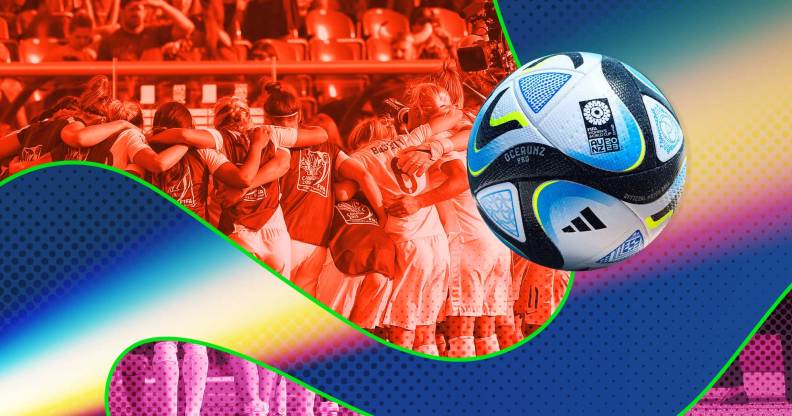One in five Women’s World Cup players has faced sexist abuse online

Experts have warned of damaging impact of overestimating how many LGBTQ+ players there in women’s football. (Credit: Getty Images)
One in five players at the women’s World Cup were targeted with discriminatory and abusive messaging, the sports world governing body has found.
Data published by FIFA revealed that 152 players out of 697 – close to 22 per cent – whose social media accounts were actively monitored, received hateful messages during the tournament hosted in Australia and New Zealand in the summer.
Sexist, sexual and homophobic abuse made up almost 50 per cent of all detected abusive posts identified by FIFA’s Social Media Protection Service (SMPS).
And those taking part in the women’s World Cup were found to be 29 per cent more likely to be targeted with online abuse than footballers at the men’s tournament in Qatar last year – a competition with far more viewers.
SMPS, a moderation service that can hide abuse comments online in real time, was available to all players at the women’s competition.
The service scanned 5.1 million posts, with 102,511 flagged by AI for human review – of which 7,085 were verified as being discriminatory, abusive or threatening, and were reported to platforms.
X, formerly Twitter, was highlighted as having the highest volume of abuse, with initial takedown rates of 39 per cent. The report further noted that social media platforms are dealing with “some incidents” but there is a “highly sporadic approach to tackling and removing reported content”.
The majority of abuse (67 per cent) was found to come from North and Central America, while 21 per cent was identified as coming from Europe.
Two teams stood out as key targets: the USA and Argentina, with players from both countries being targeted above others. It was found that politicians’ posts or comments could trigger large amounts of abuse.
During the final, where Spain beat England 1-0, SMPS found 637 instances of abuse. It linked the high number to news of the UK Royal Family not attending the match, and to a good luck message from prime minister Rishi Sunak.
Hate targeted at Spanish players was linked to then Spanish football federation president Luis Rubiales kissing midfielder Jenni Hermoso on the lips without her consent during the medal ceremony on 20 August.
Following the controversy, Rubiales said he would resign, and, in October, FIFA banned him from all football-related activities at national and international levels for three years.
FIFA president Gianni Infantino said the service, which was introduced a year ago, has helped to hide more than 400,000 comments.
“Discrimination has no place in football and no place in society, he said. “Together, we say: no discrimination.”

